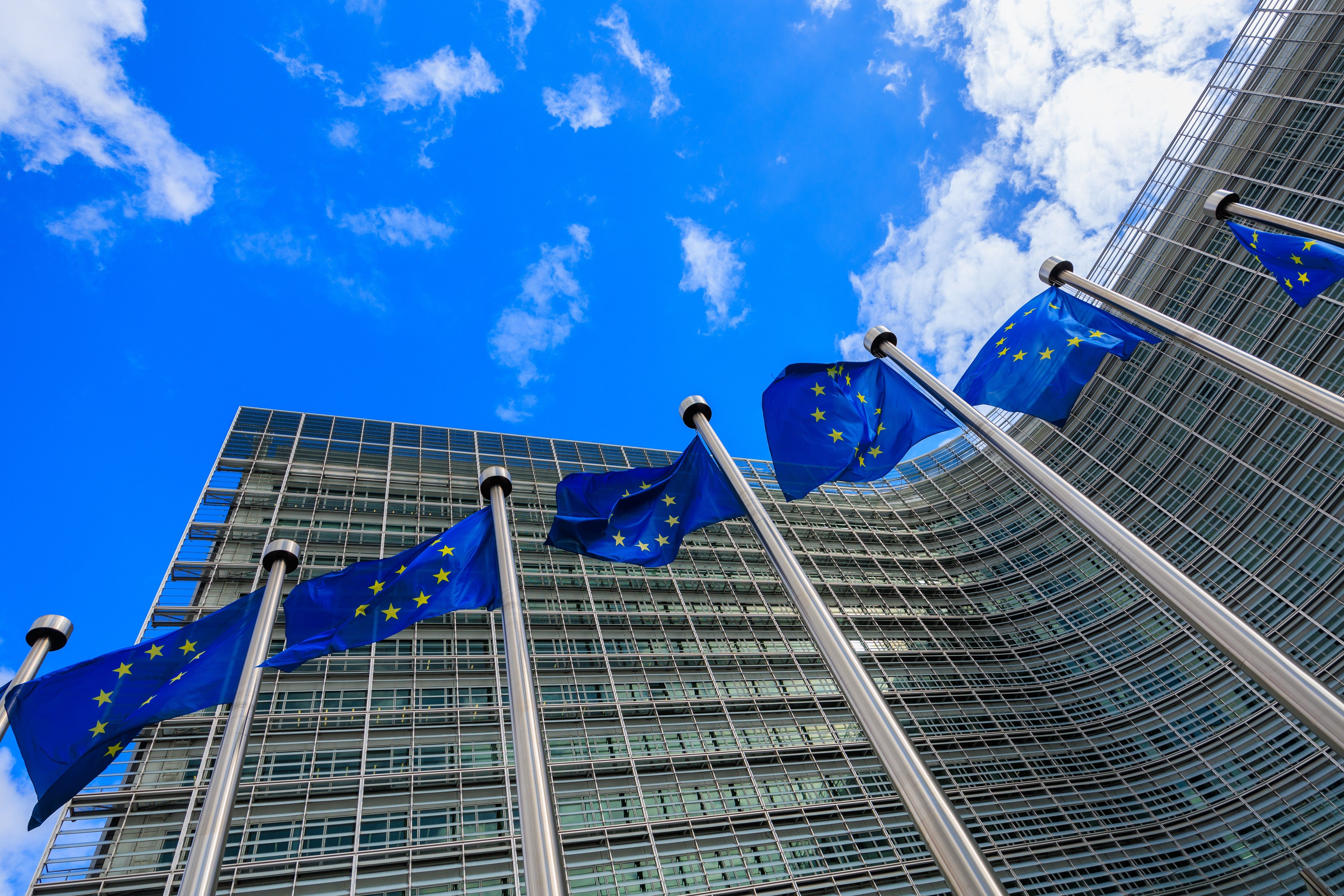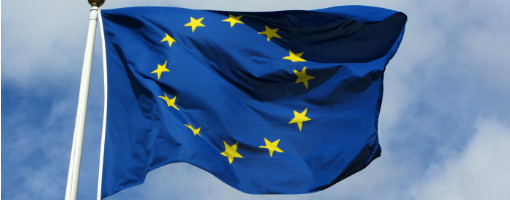The French Pension Reserve Fund (FRR) has increased its strategic allocation following a strong performance in 2024 and a formal extension of its investment horizon beyond 2033.
This move, approved by the fund’s supervisory board in June, follows the adjustments made in 2024 when the public authorities confirmed the extension of the FRR’s investment horizon beyond 2033.
While the FRR’s current liabilities consist of annual payments to the Social Debt Redemption Fund (CADES) through 2033, its assets can continue to be managed over a long-term horizon.
The projected macroeconomic scenarios take a balanced approach to account for potential adverse shocks in the coming years, particularly related to AI, the ecological and energy transition, geo-economic fragmentation, and their effects on growth and inflation.
The work on strategic allocation highlighted the importance of continuing to increase exposure to equities and intermediate-risk assets.
FRR said that these expected returns relative to risk far exceed those of high-quality bonds over the long term, beyond short-term fluctuations.
The FRR also reported that its financial situation improved in 2024, with a stronger liability coverage margin and the creation of €1.1bn in net value relative to the cost of French government debt.
The fund credited this to "dynamic" asset allocation and the rise in financial markets in 2024 for both equities and bonds.
Building on the increased flexibility, the supervisory board has adopted a new allocation comprising 46 per cent in unhedged equities, 36 per cent in intermediate-risk assets (including high-yield bonds), and 18 per cent in hedging assets (primarily French government and investment-grade bonds).
These have all changed since 2024, unhedged equities have increased from 41.5 per cent, while intermediate-risk assets are down from 37.5 per cent and hedging assets are down by 3 percentage points.
This development reinforces the FRR's ability to create value exceeding the yield of government bonds (OATs) and solidifies its position as a long-term investor.
This is accompanied by the continued strong overweighting of European equities, with a minimum of 50 per cent eurozone exposure within the equity portfolio, and the reactivation of FRR’s investments in the French economy - particularly in unlisted assets.
This is in line with the FRR’s core mission to invest to create sustainable value in support of tomorrow’s major public challenges.
In addition to this, the FRR said it has already resumed its fund selection process with investments in four funds addressing key issues such as ecological transition, energy sovereignty, digital and technological development, and financing for French small to medium-sized and mid-sized enterprises.
All of the fund's investments are made in accordance with the FRR’s responsible investment policy, with its 2024–2028 strategy aiming to support the ecological and energy transition, promote social equity, and preserve biodiversity.
Latest News
-
Savings and investment accounts ‘risk undermining’ occupational pension systems, EC warned
-
Don’t miss a beat: Register now for European Pensions
-
EBA warns of growing risks in banks’ risk transfer deals involving pension funds
-
German government urged to go further on pension reform
-
AkademikerPension reports negative 2025 Q1 results; long-term returns remain strong
-
France's FRR increases allocation to equities
Podcast: Stepping up to the challenge

In the latest European Pensions podcast, Natalie Tuck talks to PensionsEurope chair, Jerry Moriarty, about his new role and the European pension policy agenda
Podcast: The benefits of private equity in pension fund portfolios

The outbreak of the Covid-19 pandemic, in which stock markets have seen increased volatility, combined with global low interest rates has led to alternative asset classes rising in popularity. Private equity is one of the top runners in this category, and for good reason.
In this podcast, Munich Private Equity Partners Managing Director, Christopher Bär, chats to European Pensions Editor, Natalie Tuck, about the benefits private equity investments can bring to pension fund portfolios and the best approach to take.
In this podcast, Munich Private Equity Partners Managing Director, Christopher Bär, chats to European Pensions Editor, Natalie Tuck, about the benefits private equity investments can bring to pension fund portfolios and the best approach to take.
Mitigating risk
BNP Paribas Asset Management’s head of pension solutions, Julien Halfon, discusses equity hedging with Laura Blows
© 2019 Perspective Publishing Privacy & Cookies








Recent Stories